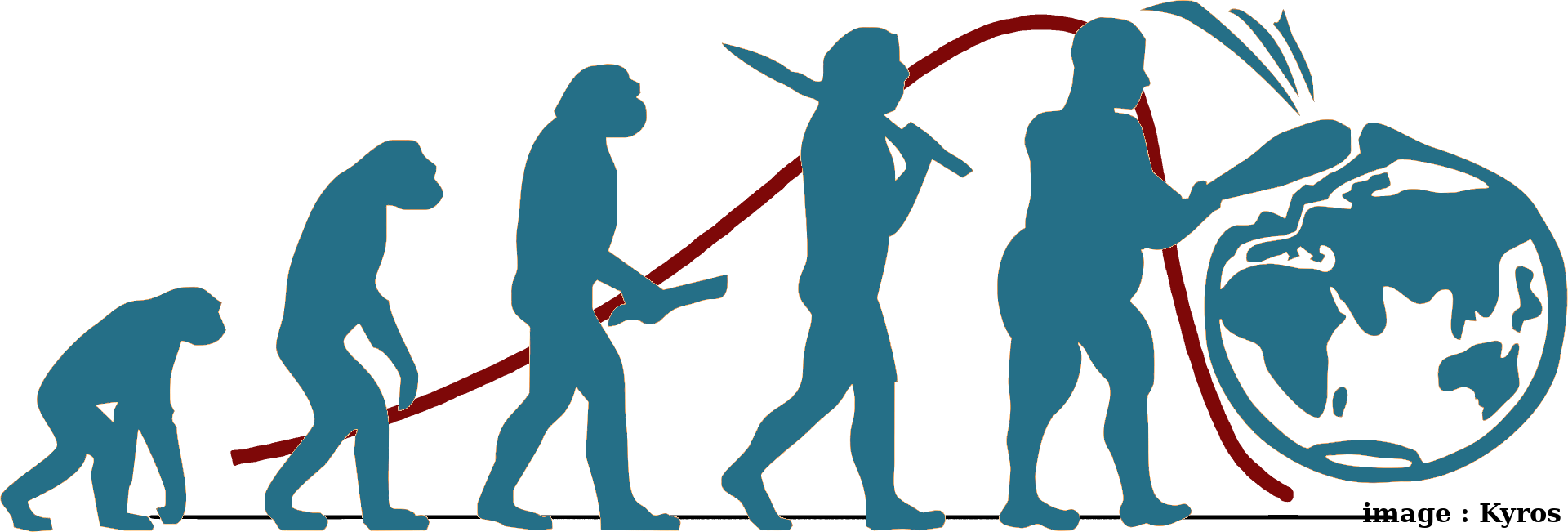Les champs auteur(e)s & mots-clés sont cliquables. Pour revenir à la page, utilisez le bouton refresh ci-dessous.
filtre:
OEB
2025
Forever chemicals have polluted the water supply of 60,000 people, threatening human health, wildlife and the wider ecosystem. But activists say this is just the tip of the Pfas iceberg
Concerns raised as $10bn Bezos Earth Fund halts funding for Science Based Targets initiative, which monitors companies’ decarbonisation
Experts believe H5N1 bird flu belongs in a growing category of infectious diseases that can cause pandemics across many species. But there are ways to reduce the risks..
2024
‘Catastrophic’ global decline due to dams, mining, diverting water and pollution threatens humans and ecosystems, study warns
2023
Previously, anthropogenic ecological overshoot has been identified as a fundamental cause of the myriad symptoms we see around the globe today from biodiversity loss and ocean acidification to the disturbing rise in novel entities and climate change. In the present paper, we have examined this more deeply, and explore the behavioural drivers of overshoot, providing evidence that overshoot is itself a symptom of a deeper, more subversive modern crisis of human behaviour. We work to name and frame this crisis as ‘the Human Behavioural Crisis’ and propose the crisis be recognised globally as a critical intervention point for tackling ecological overshoot. We demonstrate how current interventions are largely physical, resource intensive, slow-moving and focused on addressing the symptoms of ecological overshoot (such as climate change) rather than the distal cause (maladaptive behaviours). We argue that even in the best-case scenarios, symptom-level interventions are unlikely to avoid catastrophe or achieve more
After hottest day ever, researchers say global heating may mean future of crop failures on land and ‘silent dying’ in the oceans
More than 40% of land vertebrates will be threatened by extreme heat by the end of the century under a high emissions scenario, with freak temperatures once regarded as rare likely to become the norm, new research warns. Reptiles, birds, amphibians and mammals are being exposed to extreme heat events of increasing frequency, duration and intensity, as a result of human-driven global heating. This poses a substantial threat to the planet’s biodiversity, a new study warns. Under a high emissions scenario of 4.4C warming, 41% of land vertebrates will experience extreme thermal events by 2099, according to the paper, published in Nature.
2022
Materials put into domestic compost are failing to disintegrate after six months – the only solution is to use less. Most plastics marketed as “home compostable” don’t actually work, with as much as 60% failing to disintegrate after six months, according to research.
Industry groups representing some of the world’s largest companies are “opposed to almost all major biodiversity-relevant policies” and are lobbying to block them, according to a new report. Researchers found that 89% of engagement by leading industry associations in Europe and the US is designed to delay, dilute and block progress on tackling the biodiversity crisis, which scientists say is as serious as the climate emergency.
Observons finement l’effet des ressources naturelles à l’intérieur d’un pays. Une chronique de Phoebe W. Ishak et Pierre-Guillaume Méon. Elle est postdoctorante CNRS à l'école d’économie d'Aix-Marseille, à la Faculté d’économie et de gestion (FEG) d'Aix-Marseille Université. Il est professeur de science économique au Centre Emile Bernheim de Recherche interdisciplinaire en gestion et Dulbea de l'Université libre de Bruxelles.
![]()




